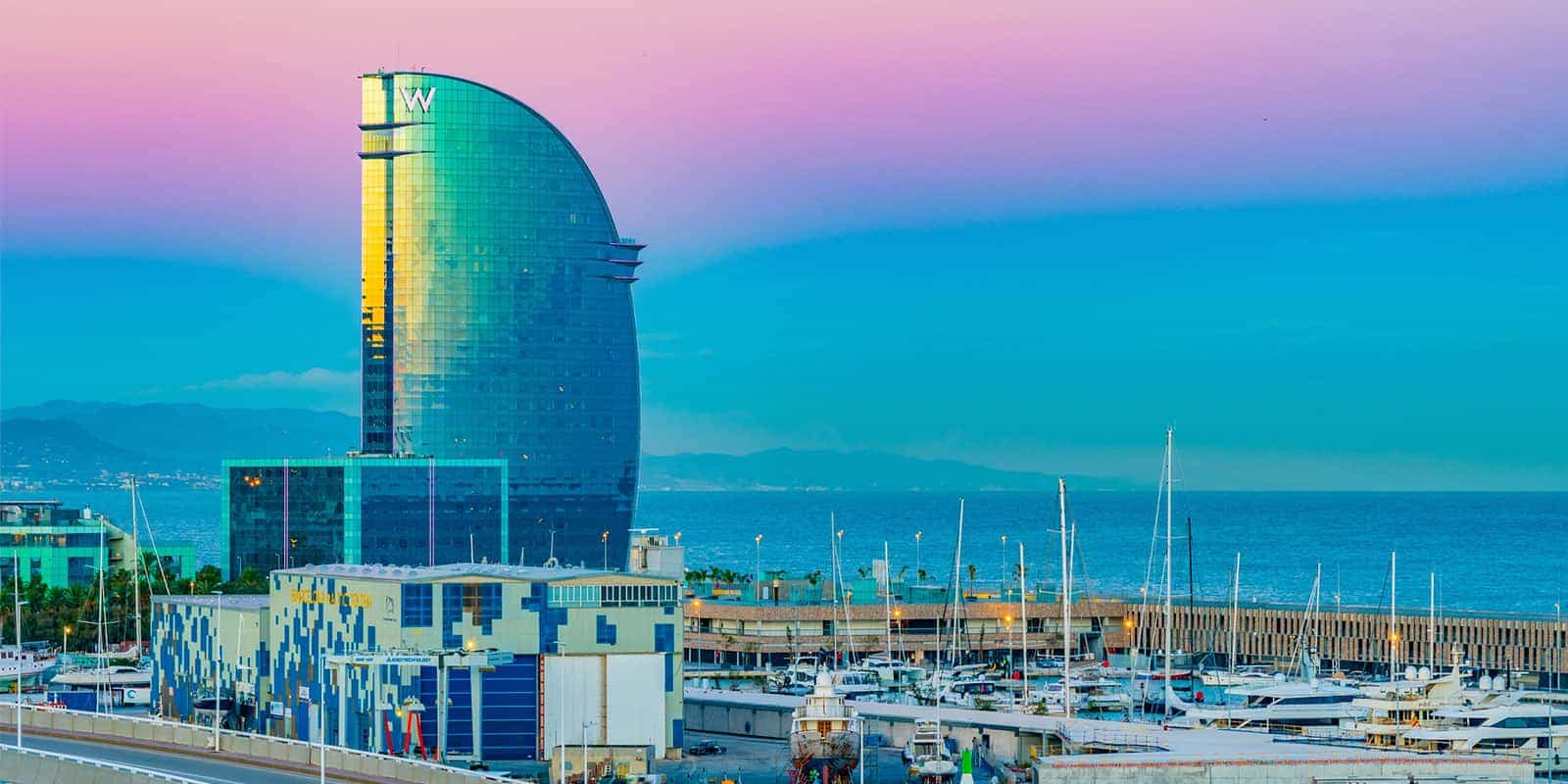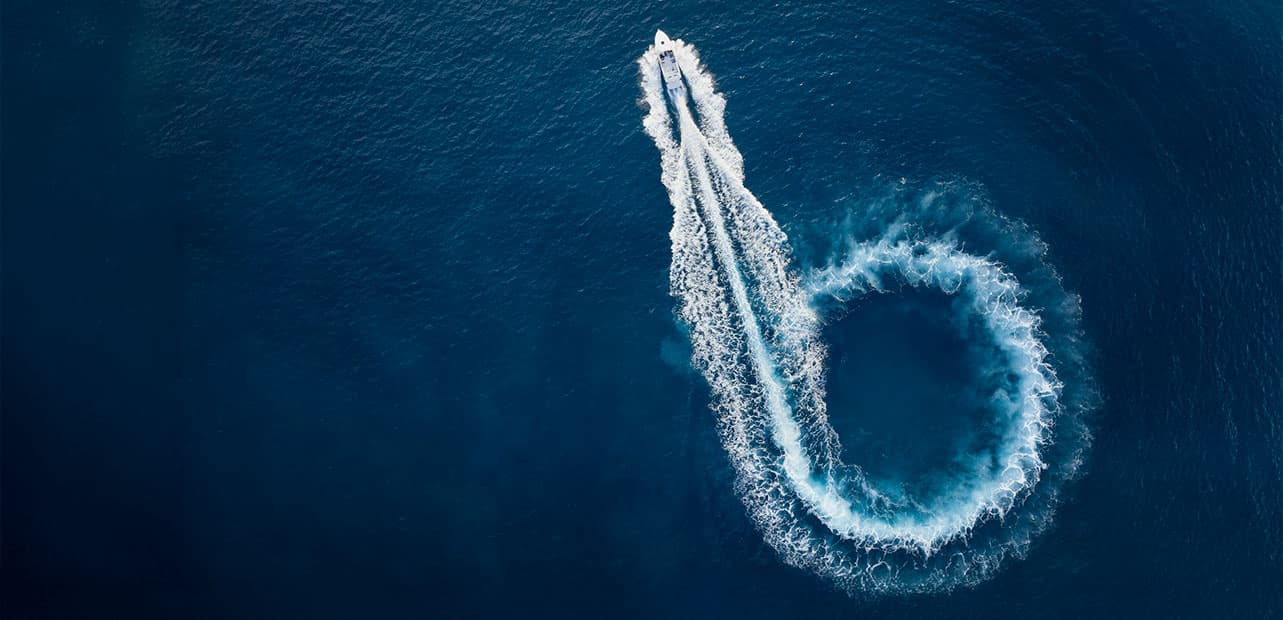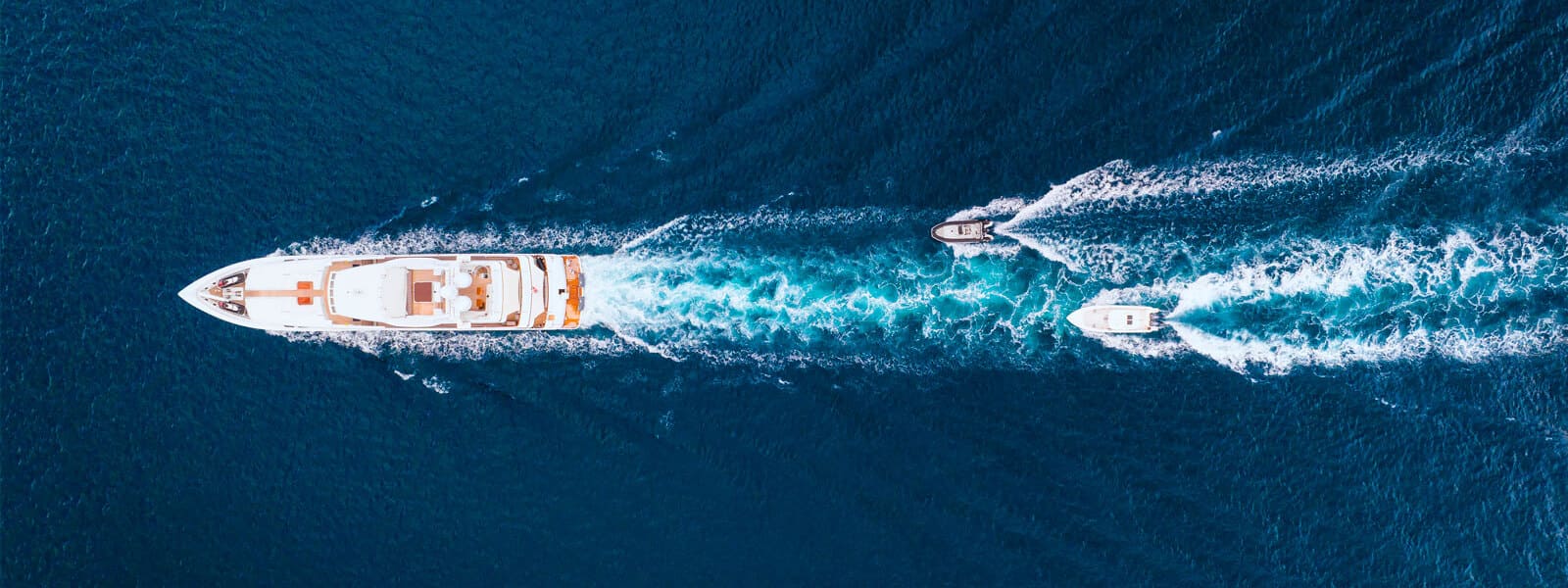
Barcelona chosen as UNESCO's global hub for the sustainable Blue Economy
Catalan Economy
06 Jun 2025
UNESCO selects Barcelona as global hub for sustainable blue economy, hosting the Ocean Decade Collaborative Centre until 2030.
UNESCO has officially chosen Barcelona to host the Ocean Decade Collaborative Centre (DCC) focused on the sustainable blue economy. This world-class centre will promote colllaborations with stakeholders around the globe to trigger innovations in ocean science.
This marks the first time a city, rather than a university or research institution, will lead one of the Ocean Decade’s ten global challenges.
The Government of Catalonia is fully aligned with the goals of the Ocean Decade and is a pioneer in Spain in creating a Maritime Strategy. The 2023-2026 Plan for this strategy is ambitious, covering four main areas and including 28 strategic objectives, 75 lines of action, and 334 specific actions. The first area focuses on building a sustainable blue economy and includes nearly half of the actions: 37 lines of action and 192 individual actions. This plan aims to promote knowledge, innovation, and energy transition in all sectors, while also working to improve the sustainability of Catalonia's key blue economy sectors.
The following outlines the 10 Decade Challenges as specified in the Ocean Decade Implementation Plan:
- Challenge 1: Understand and beat marine pollution.
- Challenge 2: Protect and restore ecosystems and biodiversity.
- Challenge 3: Sustainably nourish the global population.
- Challenge 4: Develop a sustainable, resilient, and equitable ocean economy.
- Challenge 5: Unlock ocean-based solutions to climate change.
- Challenge 6: Increase community resilience to ocean and coastal risks.
- Challenge 7: Sustainably expand the Global Ocean Observing System.
- Challenge 8: Create a digital representation of the ocean.
- Challenge 9: Skills, knowledge, technology,y and participation for all.
- Challenge 10: Restore humanity’s relationship with the ocean.

The DCC will be managed by the Barcelona Capital Nàutica Foundation and located at the Port of Barcelona. It will operate until at least 2030, aligning with the timeline of the Ocean Decade. The Barcelona City Council leads the initiative in collaboration with the Port of Barcelona and the Government of Catalonia. Scientific partners include the Spanish National Research Council (CSIC) through its Institute of Marine Sciences, and BlueNetCat, Catalonia’s maritime R&D&I network (which brings together more than 800 scientists from the main Catalan universities and research centres and is the innovation and transfer instrument of the Maritime Agenda of Catalonia of the General Directorate of Maritime Policy and Sustainable Fisheries of the Government of Catalonia). The project also has the support of the Ministry of Science, Innovation, and Universities.
The DCC will focus on three strategic pillars: generating knowledge on the blue economy, promoting innovation in this sector, and fostering international partnerships and alliances. Specific actions include establishing the DCC as a global think tank on the blue economy, creating the world’s largest repository of scalable private and public projects applicable to ocean economy development, and consolidating a Blue Economy Impact Investment Fund based in Barcelona.
The blue economy, a strategic sector for Catalonia and Barcelona
According to a report by Catalonia Trade & Investment, Catalonia’s blue economy technologies ecosystem includes 1,078 companies that generate €5.56 billion in revenue and employ 23,876 people. Focused on sustainable ocean-related activities, the sector is made up mostly of SMEs (98.6%) operating in areas such as transport (47.1%), fishing and aquaculture (29.6%), and maritime construction and propulsion (15.2%). It is also a dynamic sector, with 38.2% of companies less than ten years old and around 3% classified as startups. Barcelona’s designation as the host city for the DCC underscores its commitment to sustainable maritime development and positions it as a global leader in the blue economy.
In addition to the DCC, Barcelona is advancing several key infrastructure projects to support the blue economy, including the Barcelona Maritime Technology Park, the BlueTechPort innovation hub, and the Barcelona Mar de Ciència centre. These initiatives, set to be operational between 2027 and 2028, represent a combined investment of €142 million and will serve as vital spaces for research, training, innovation, and entrepreneurship related to the sea.
Barcelona’s leadership in hosting the DCC and its ongoing investments in maritime innovation reflect its strategic vision to become a global hub for sustainable ocean economy initiatives.
Source: Ocean Decade
Related services.
-

International Mobility for Executives
See moreWe will guide you through the international mobility process from start to finish.
-

Financing & Incentives
See moreAs a Catalan government agency, we provide expert support and financial aid for your business in Barcelona-Catalonia, assisting you throughout the process.
-

Business Location Service
See moreGet all the information about Barcelona-Catalonia industrial buildings, land, business centers, or office spaces.

Sergi Barbens
Senior FDI Project Manager - Mobility
Related News and Success stories.
-
05 Feb 2026
See more Catalonia assumes the presidency of the ECRN, the European Union’s leading chemical industry networkCatalonia assumes the presidency of the ECRN, the European Union’s leading chemical industry network
-
29 Jan 2026
See more Barcelona gets ready for ISE 2026: insights from Mike BlackmanBarcelona gets ready for ISE 2026: insights from Mike Blackman
-
28 Jan 2026
See more Barcelona strengthens position as Europe's AI Hub with 129 million euros Supercomputer expansionBarcelona strengthens position as Europe's AI Hub with 129 million euros Supercomputer expansion
-
26 Jan 2026
See more The number of video game startups in Catalonia grows 35% over the past five yearsThe number of video game startups in Catalonia grows 35% over the past five years


